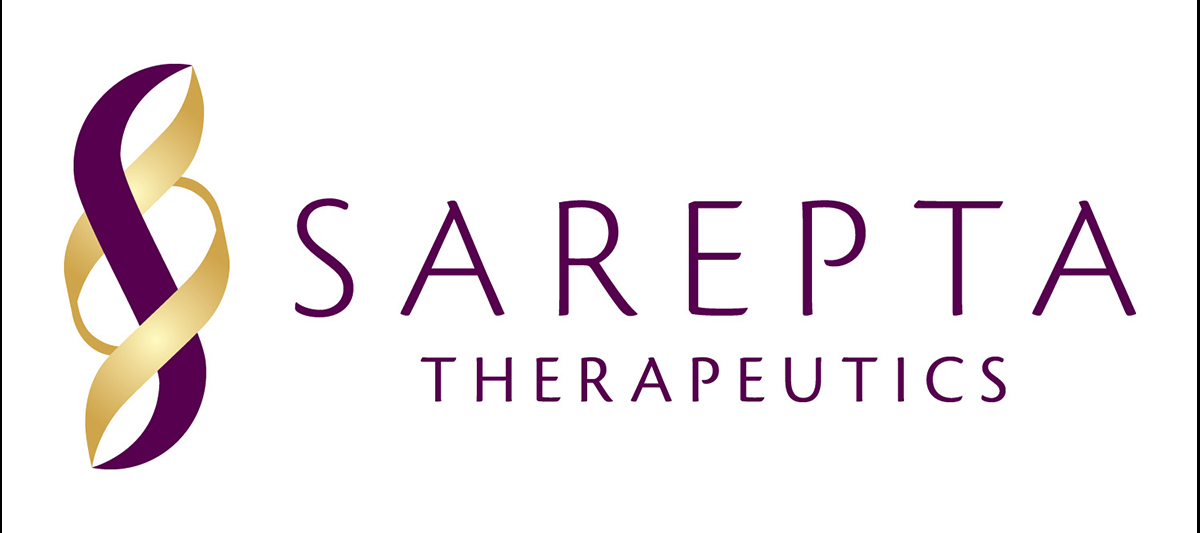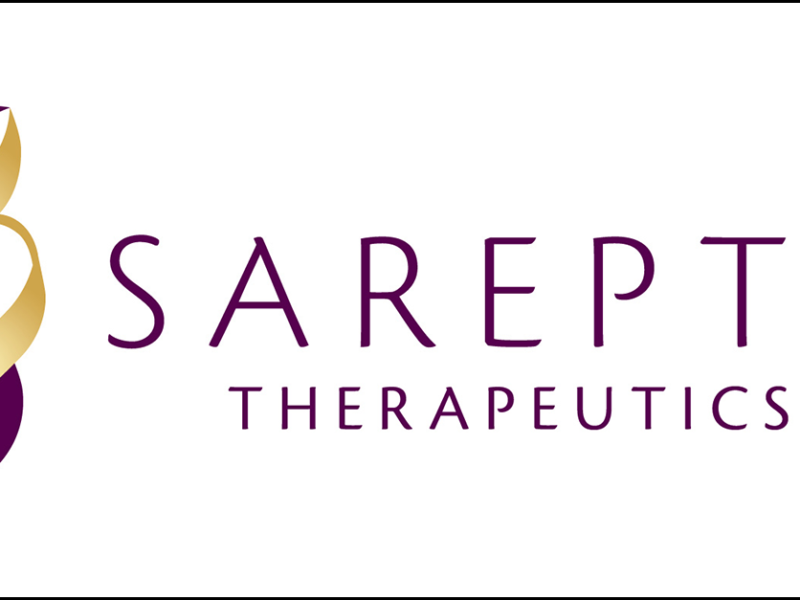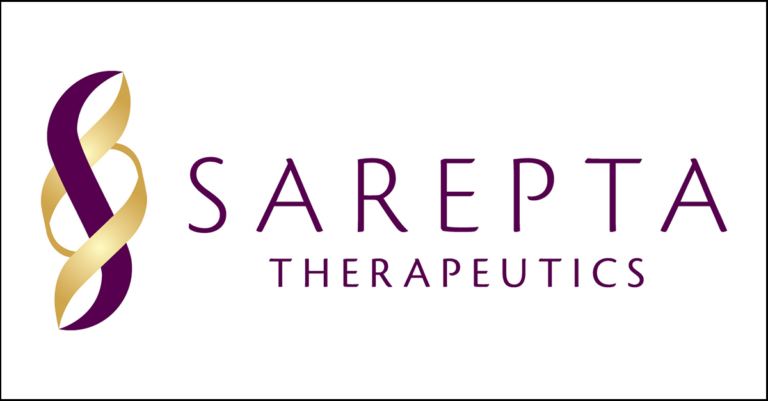On the Monday the 29th of January, Sarepta Therapeutics announced positive data from Part B of the MOMENTUM study. The MOMENTUM Study is a global Phase 2, multi-ascending dose clinical trial of SRP-5051 (vesleteplirsen) that enrolled patients aged 8 to 21 years. The study assesses dystrophin protein levels in skeletal muscle tissue following ongoing SRP-5051 treatment. SRP-5051 is a next-generation peptide phosphorodiamidate morpholino oligomer (PPMO) treatment for patients with Duchenne muscular dystrophy who are amenable to exon 51 skipping. SRP-5051 is designed to bind to exon 51 of dystrophin pre-mRNA, resulting in exclusion of this exon during mRNA processing, and the subsequent production of a truncated (but functional) version of the dystrophin protein.
MOMENTUM Part B Result highlights:
- At a higher target dose (~30 mg/kg), SRP-5051 dosed monthly resulted in mean dystrophin expression of 5.17% and mean exon skipping of 11.11% at 28 weeks (n=20).
- Consistent dystrophin expression was seen in ambulatory (4.76%, n=11) and non-ambulatory (5.67%, n=9) participants at 28 weeks.
- The data support a positive benefit-risk profile for SRP-5051
Comparing low and high doses of SRP-5051:
High dose results at 28 weeks (~30 mg/kg, dosed every four weeks, n=20):
- 5.17% mean dystrophin expression as measured by western blot
- 4.53% mean change from baseline, P < 0.0001
- Mean exon skipping of 11.11%, as measured by digital drop polymerase chain reaction (ddPCR), and a mean change from baseline in exon skipping of 10.07%
- The changes from baseline represent a 12.2-fold increase in dystrophin expression and a 24.6-fold increase in exon skipping compared to a weekly 30 mg/kg dose of eteplirsen at 24 weeks (mean change from baseline in dystrophin expression of 0.37%, mean change from baseline in exon skipping of 0.41%, n=16).
Low dose results at 28 weeks (~20 mg/kg, dosed every four weeks, n=20):
- 2.81% mean dystrophin expression as measured by western blot
- 1.60% mean change from baseline, P= 0.0012
- Mean exon skipping of 2.47%, as measured by ddPCR, and a mean change from baseline in exon skipping of 2.00%
- The changes from baseline represent a 4.3-fold increase in dystrophin expression and a 4.9-fold increase in exon skipping compared to a weekly 30 mg/kg dose of eteplirsen at 24 weeks.
“SRP-5051 dosed every four weeks is showing substantially higher increases in dystrophin and exon skipping compared to eteplirsen dosed weekly,” said Louise Rodino-Klapac, Ph.D., executive vice president, chief scientific officer and head of research and development, Sarepta Therapeutics. “The data suggest a favourable benefit-risk profile for SRP-5051 and we look forward to discussing the results and next steps with FDA. As the leader in Duchenne, Sarepta is committed to advancing meaningful treatments for those with Duchenne and other rare diseases where there is unmet need.”
Eugenio Mercuri, M.D., Ph.D., head of the Neuromuscular Unit, Catholic University, Rome, Italy, and an investigator in the study, further added:
“The dystrophin production delivered by SRP-5051 in the MOMENTUM study is very encouraging. Importantly, with effective supplementation and monitoring, we have not seen additional complications from the hypomagnesemia. The results with SRP-5051 to date suggest it could play an important role in the treatment of Duchenne patients with a confirmed exon 51-amenable mutation.”
There were seven serious treatment-emergent adverse events in MOMENTUM Part B – four serious events of hypomagnesemia (magnesium deficiency) and three serious cases of hypokalemia (potassium deficiency). Hypomagnesemia has been seen in earlier clinical studies of SRP-5051 and, throughout MOMENTUM Part B. Supplemental magnesium was administered prophylactically and monitored as a part of the study protocol. No treatment-related discontinuations occurred in the study
Find out more about Gene Therapy
Find out more about Duchenne science with our Bite-sized Science Live
SAVE THE DATE
Our 2024 Annual International Conference will be held on Friday 8th and Saturday 9th November 2024. The conference brings together families, clinicians, researchers and experts for 2 days of sharing knowledge and experience. It is an amazing opportunity to come together as part of the Duchenne community




 The European Medicines Agency confirms recommendation for non-renewal of authorisation in the EU of Duchenne muscular dystrophy medicine Translarna
The European Medicines Agency confirms recommendation for non-renewal of authorisation in the EU of Duchenne muscular dystrophy medicine Translarna
